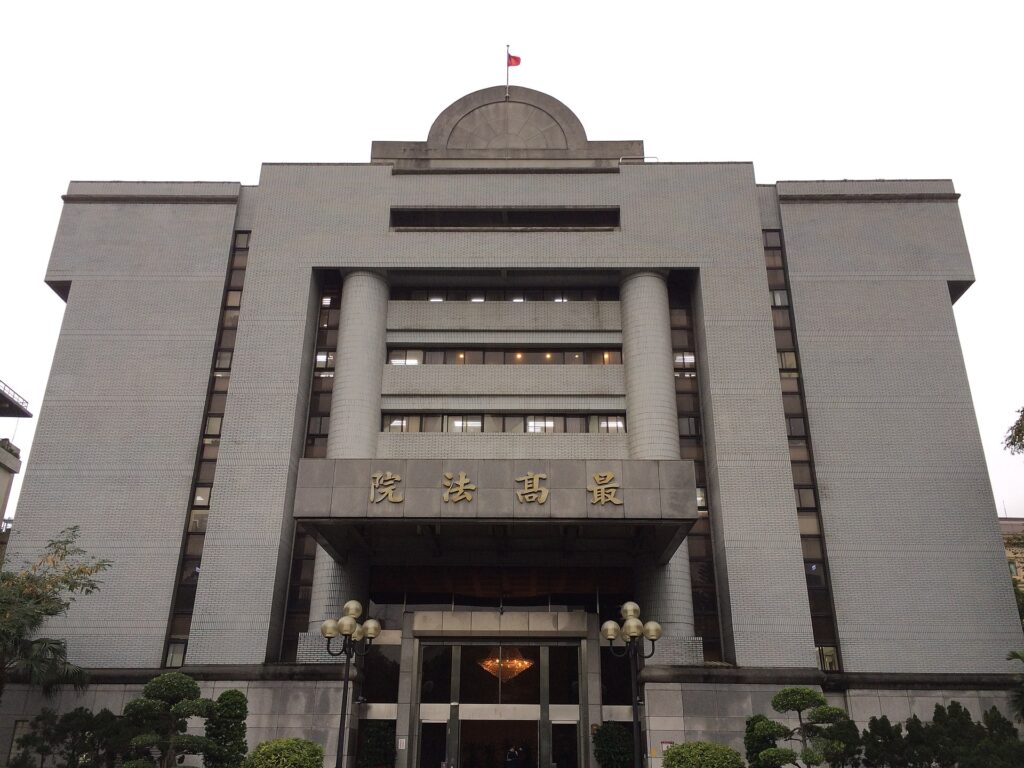China’s relationship with cryptocurrencies has been a roller coaster ride, filled with policy flip-flops and regulatory adjustments. Over the years, the country’s stance on digital currencies has varied from strict prohibitions to seemingly more lenient policies, creating a complex and ever-changing regulatory landscape.
In September 2021, China issued one of the most stringent measures against cryptocurrencies in its history. The People’s Bank of China, along with nine other Chinese government authorities, released the Circular on Further Preventing and Handling the Risks Concerning Speculation in Virtual Currency Trading. This measure aimed to stamp out cryptocurrency mining and related activities, marking a significant turning point in China’s approach to digital assets.
However, despite this restrictive stance, there have been signs of an evolving regulatory perspective towards cryptocurrencies. In 2022, China’s Supreme Court released new guidelines, stating that if both parties agree, settling a debt using a small amount of digital assets would be considered legal. This ruling indicates a shift in China’s approach to digital assets, signaling the potential for continued evolution in the country’s cryptocurrency regulations.

Similarly, the Beijing Number One Intermediate People’s Court ruled that citizens could trade cryptocurrencies as virtual assets, but not use them as a currency. This ruling further illustrates the nuanced and somewhat contradictory stance that the Chinese government has taken on cryptocurrencies.
Adding another layer of complexity to China’s crypto landscape, the government has implemented a 20% personal income tax on investment profits for individual cryptocurrency investors and Bitcoin miners. This move suggests that the government is taking steps to regulate the industry and might view digital assets as legitimate investment assets.
Recent developments have also hinted at a possible softening in China’s stance towards cryptocurrencies. A segment featuring a Bitcoin ATM in Hong Kong was broadcasted by China Central Television (CCTV), which was interpreted by many as a significant development in China’s attitude towards digital currencies. Furthermore, a paper published by the Beijing government tech committee touting the possibilities of web3 technology, a decentralized, blockchain-based internet, received praise from influential figures in the crypto industry.
Despite being a Special Administrative Region of China with its own legal system, Hong Kong has largely followed China’s lead on cryptocurrency regulation. However, it has recently adopted a new crypto licensing regime that will allow the trading of established cryptocurrencies such as Bitcoin and Ethereum from June 1, potentially signaling a more open stance towards digital currencies in the region.
China’s stance on cryptocurrencies is a complex and evolving issue, marked by contradictions and changes. As the country continues to adjust its policies and regulations, the future of cryptocurrencies in China remains uncertain. However, these recent developments suggest an interesting trajectory, one that cryptocurrency investors, stakeholders, and enthusiasts worldwide should watch closely.












